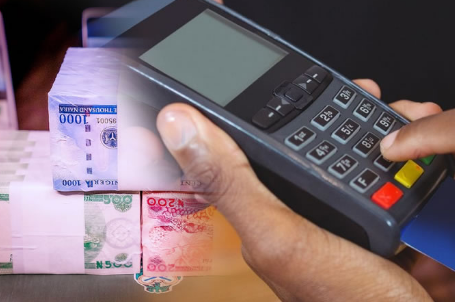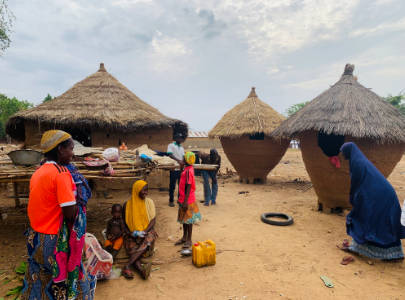The Rise of Digital Payments in Rural Nigeria-Challenges and more
Introduction
For decades, rural communities in Nigeria depended heavily on cash transactions. If you wanted to buy goods, pay for services, or even send money to a family member, it meant holding physical cash and often traveling long distances to a bank.
But things are changing. With mobile money, USSD transfers, POS agents, and fintech innovations, digital payments are becoming a normal part of daily life even in the most remote villages. This shift is not just about technology; it’s about access, inclusion, and economic empowerment.

Why Digital Payments Are Growing In Rural Nigeria
-
Wider Mobile Phone Penetration
Even in rural areas, basic mobile phones are now common. With affordable smartphones and feature phones, rural dwellers can use USSD banking, mobile wallets, and fintech apps without needing internet data for basic transactions. -
POS Agents Everywhere
Today, POS agents are often closer than the nearest bank. They bridge the gap between cash and digital money, allowing villagers to deposit, withdraw, and transfer funds conveniently. -
Government And CBN Cashless Push
Policies encouraging cashless transactions, such as BVN registration, cash withdrawal limits, and eNaira adoption, are motivating rural users to try digital options. -
Fintech Innovation
Nigerian fintech companies like Opay, PalmPay, Paga, and Moniepoint have introduced easy-to-use platforms with low transaction fees, attracting rural users.
Benefits For Rural Communities
-
Convenience & Time-Saving
Instead of traveling miles to the nearest bank, payments can be made instantly from home or through a nearby POS agent. -
Improved Security
Carrying large amounts of cash can be risky. Digital payments reduce theft and loss. -
Financial Inclusion
Many rural dwellers now have their first bank account or wallet thanks to mobile money services. -
Better Business Opportunities
Farmers, traders, and artisans can now receive payments from customers in cities without waiting for market days.
Challenges Slowing Adoption
-
Poor Network Coverage
Many rural areas still face unstable mobile networks, which disrupt digital transactions. -
Low Digital Literacy
Some villagers, especially the elderly, are unfamiliar with using USSD codes or apps. -
Trust Issues
Fear of fraud and failed transactions makes some people prefer cash. -
Charges & Fees
Even small transaction charges can discourage frequent use.
Real-Life Example
In a farming community in Benue State, a group of cassava farmers used to receive payments in cash from traders in Lagos. Now, with mobile banking, they receive payment instantly after shipping goods. This means they can reinvest faster, save more securely, and avoid risks associated with carrying cash.
The Future Of Digital Payments In Rural Nigeria
With 5G expansion, improved fintech services, and more government support, rural areas will continue to embrace digital finance. In the next few years, it’s likely we’ll see:
-
More agent banking points in villages.
-
Cheaper transaction fees for low-income users.
-
Integration of agricultural cooperatives into digital payment systems.
-
Growth in eNaira usage for government subsidies and grants.
Practical Tips For Rural Users
-
Start with USSD Banking: It works on any phone without internet.
-
Use Trusted Agents or Platforms: Stick to well-known providers.
-
Keep Records: Always request transaction receipts or SMS alerts.
-
Learn the Basics: Attend community training sessions by banks or fintech agents.
Conclusion
The rise of digital payments in rural Nigeria is more than a tech trend; it’s a silent revolution changing how people save, spend, and do business. While challenges remain, the opportunities are huge. With the right infrastructure and education, digital finance can be a powerful tool for rural development.




